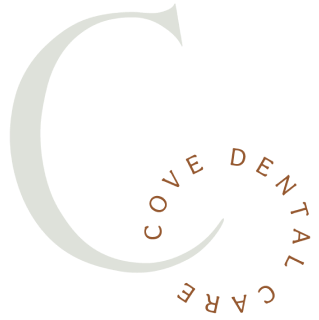105 Sheringham Dr Easley, SC 29642

Options for Alleviating Dry Mouth in Easley, SC
What Leads to Dry Mouth?
Insufficient saliva in the mouth can result in various symptoms, including a dry, sticky sensation, difficulty speaking or swallowing, sore throat, hoarseness, and bad breath. Dry mouth may stem from several factors, such as certain medications, radiation therapy, nerve damage, dehydration, and autoimmune disorders. It's crucial to consult a healthcare provider if experiencing persistent dry mouth to identify the root cause and receive suitable treatment.
Now, let's delve into the factors causing dry mouth.
Dry Mouth Causes:
Medications:
Radiation Therapy:
Medical Conditions:
Nerve Damage:
Dehydration:
Mouth Breathing:
Tabacco & Alchohol Use:
Both tobacco and alcohol consumption can exacerbate dry mouth.
It's essential to consult a healthcare professional if you're dealing with persistent dry mouth to identify the root cause and receive suitable treatment.
Dry Mouth and Its Impact on Oral Health
Dry mouth, medically termed xerostomia, occurs when there's a decrease in saliva production in the mouth. Saliva plays a crucial role in oral health by cleansing the mouth, neutralizing acids, aiding digestion, and inhibiting harmful bacteria growth. When saliva levels are insufficient, it can lead to various discomforts and potential oral health problems.
This condition significantly affects oral health as saliva lubricates the mouth, facilitating speaking, chewing, and swallowing. Insufficient saliva can cause difficulties in these basic functions, resulting in discomfort and reduced quality of life. Additionally, saliva serves as a natural defense against tooth decay by breaking down food particles and maintaining a balanced mouth pH. With reduced saliva, the mouth becomes more acidic, fostering bacterial growth and increasing the risk of cavities, gum disease, and other dental issues.
Dry mouth can also contribute to bad breath, as bacterial overgrowth produces foul-smelling compounds. Moreover, it may cause dry, cracked lips, mouth sores, and a burning sensation, making eating, drinking, and speaking uncomfortable and impacting overall well-being.
To mitigate the oral health impacts of dry mouth, individuals should stay hydrated, use sugar-free gum or lozenges to stimulate saliva production, and opt for alcohol-free mouthwashes and oral moisturizers. Regular dental check-ups are crucial for early detection and management of dry mouth-related dental problems. If dry mouth persists, consulting a healthcare professional or dentist for personalized guidance on managing the condition and maintaining optimal oral health is recommended.

